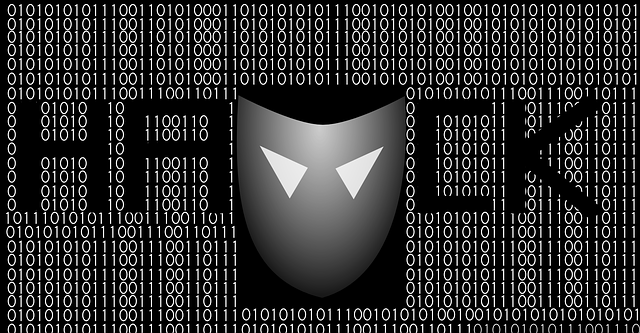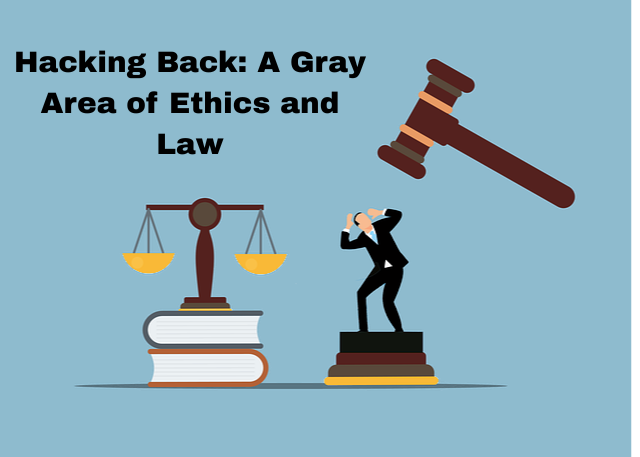
Can I Hack a Hacker with AI?
In the ever-evolving landscape of cybersecurity, a growing question has sparked curiosity across tech communities and average internet users alike: Can I hack a hacker with AI?
At first glance, the idea sounds like a modern revenge fantasy using artificial intelligence to fight back against cybercriminals. But how much of this is possible? Is it legal, ethical, or even technically feasible? In this blog post, we’ll dive deep into the world of AI-driven cybersecurity, white-hat hacking, and the dangers of turning AI into a weapon.
➡Understanding the Players: Who Are “Hackers”?
Before we jump into hacking a hacker, let’s clarify what a hacker really is. The term “hacker” isn’t always negative. In fact, there are three main types:
- Black-hat hackers: the villains of the cyber world. They break into systems, steal data, and plant malware for personal gain.
- White-hat hackers: the ethical security experts who test systems for vulnerabilities (often with permission).
- Grey-hat hackers: A bit of both. They might find and report bugs but sometimes break the rules.
When we ask if AI can hack a hacker, we’re usually talking about black-hat hackers. So, can we turn the tables using smart technology?
➡Can AI Track Down Hackers?
Yes and no. AI can assist in identifying hackers, but it doesn’t quite work like a Hollywood movie. Let’s break it down.
What AI Can Do:
- Detect Patterns: AI can scan logs and traffic for suspicious behavior that matches known hacker signatures.
- Predict Threats: Machine learning models can anticipate attacks before they happen based on historical data.
- Analyze Malware: AI can break down malware code to understand how it works.
- Automate Incident Response: AI tools can isolate infected systems or block IPs instantly.
What AI Cannot (Legally) Do:
- Launch counterattacks.
- Trace a hacker to their exact location with full certainty.
- Hack back without serious legal and ethical implications.
➡Hacking Back: A Legal and Moral Gray Zone

Here’s the uncomfortable truth: hacking a hacker is mostly illegal unless you’re a government entity or working within tightly controlled boundaries.
In most countries, the law doesn’t allow private citizens to “hack back.“ Even if you’re attacked, retaliating digitally can:
- Get you into legal trouble.
- Harm innocent third parties if the hacker used proxies.
- Escalate the situation, making things worse.
Governments and cybersecurity firms often work with active defense techniques, but even those are controversial. Some involve deception (like honeypots), while others toe the line of legality.
➡Where AI Shines: Defensive Hacking
The best use of AI is not as a weapon; it is as a shield. Here’s how you can use AI to defend yourself against hackers:
1. AI-Based Firewalls
Next-gen firewalls use AI to understand normal traffic and instantly flag anomalies. They’re smarter than traditional tools.
2. Behavioral Biometrics
AI can detect when someone’s behavior (like typing speed or mouse movement) doesn’t match the expected user.
3. Threat Intelligence Platforms
AI can sift through millions of data points to identify emerging threats and recommend real-time responses.
4. Fraud Detection
Especially in financial systems, AI can spot and stop suspicious transactions before they complete.
➡Real-World Case: AI vs. Hackers

According to the report in 2020, Microsoft reported that its AI tools had helped detect a large-scale hacking attempt by a state-sponsored group. The AI flagged odd login attempts and unusual user behavior, allowing security teams to act quickly.
This case shows that AI is a powerful ally, but it doesn’t act alone. It’s still a tool that requires human oversight.
➡The Future: Hack a Hacker with AI
It is possible, but there will be consequences.
Technically, AI can be programmed to scan for vulnerabilities, exploit systems, and even mimic human behavior online. In the wrong hands, this could lead to autonomous cyber warfare where AIs attack each other with little human input.
But for ethical actors (like you, hopefully), the idea of AI hacking back remains limited unless policies change, or you’re part of a sanctioned cybersecurity agency.
So, Should You Try to Hack a Hacker with AI?
I wouldn’t recommend doing this at all. But focus your efforts on prevention, education, and collaboration. There are open-source AI tools and platforms that can help you:
- Monitor your network.
- Learn about vulnerabilities.
- Automate threat detection.
But leave hacking to the professionals, or you might become a criminal while trying to be a hero.
🧠 Final Thoughts
The question “Can I hack a hacker with AI?” touches on the intersection of ethics, law, and cutting-edge technology. While the idea is thrilling, the reality is that AI is best used defensively, protecting your data, flagging threats, and giving cybersecurity teams the upper hand.
Rather than trying to fight fire with fire, let’s use AI to build stronger, smarter defenses. Because in the digital world, the best offense is a great AI-powered defense.
Pro Tip:
Install AI-driven antivirus or endpoint protection software like CrowdStrike, SentinelOne, or Sophos Intercept X to give your system real-time smart defense.
The main purpose of this post is to educate you. This post is written and reviewed by Rajeev Kumar, a passionate blogger in AI tools and cybersecurity.
Do you know?
AI That Makes Hacks: How Artificial Intelligence Is Changing the Game
AI Search Is Growing More Quickly Than Expected—What It Means for the Future of the Internet
Revolutionizing Work: With ChatGPT Agents, Future Jobs Might Feel Like Playing Games
AI Hacking Tools 2025: The Future of Cybersecurity and Ethical Hacking
Top 5 Free AI Tools in 2025 You Should Start Using Today
